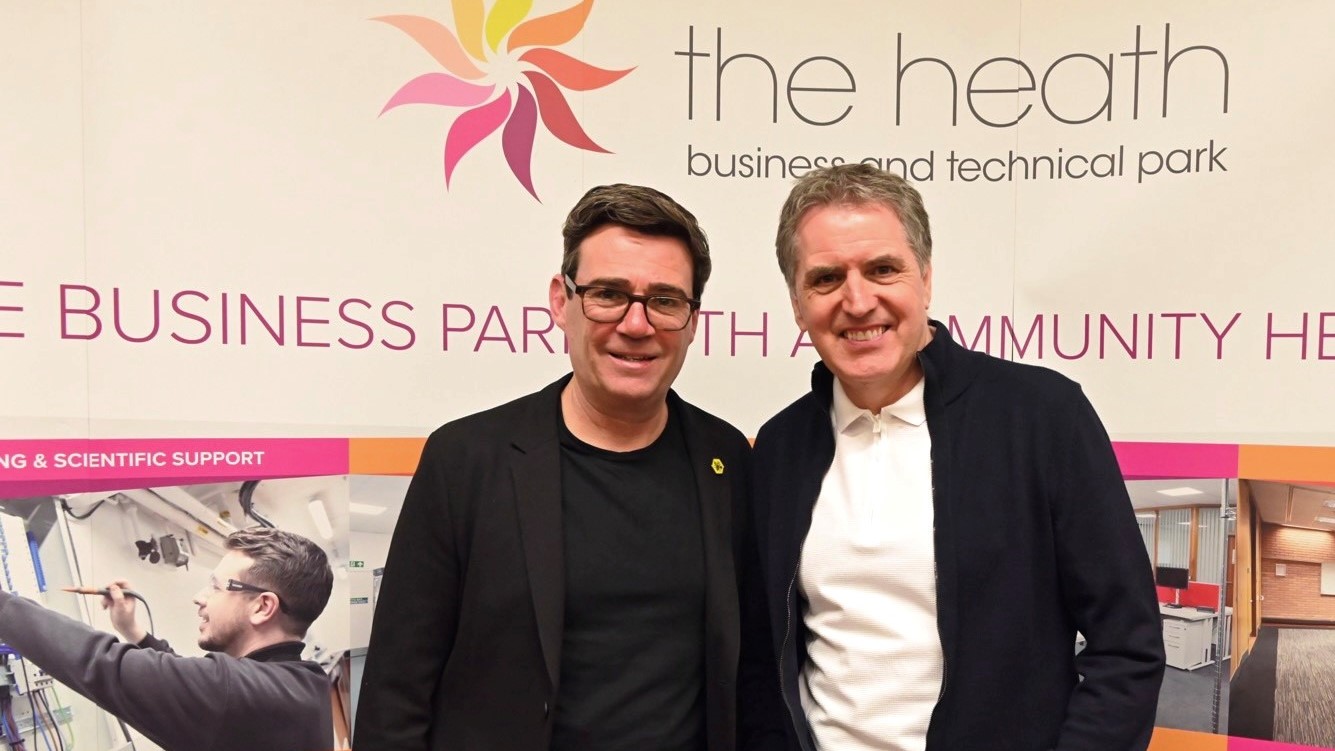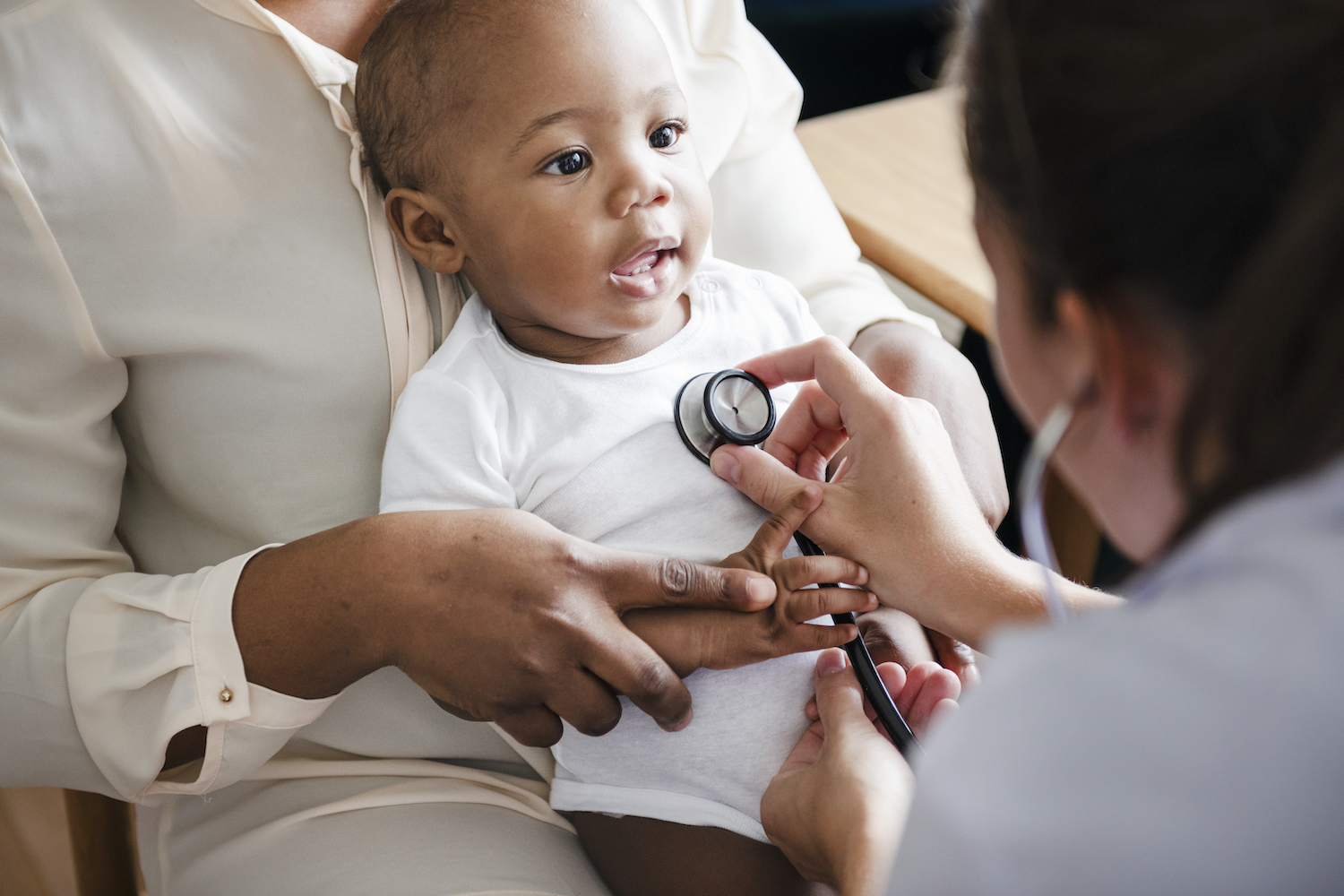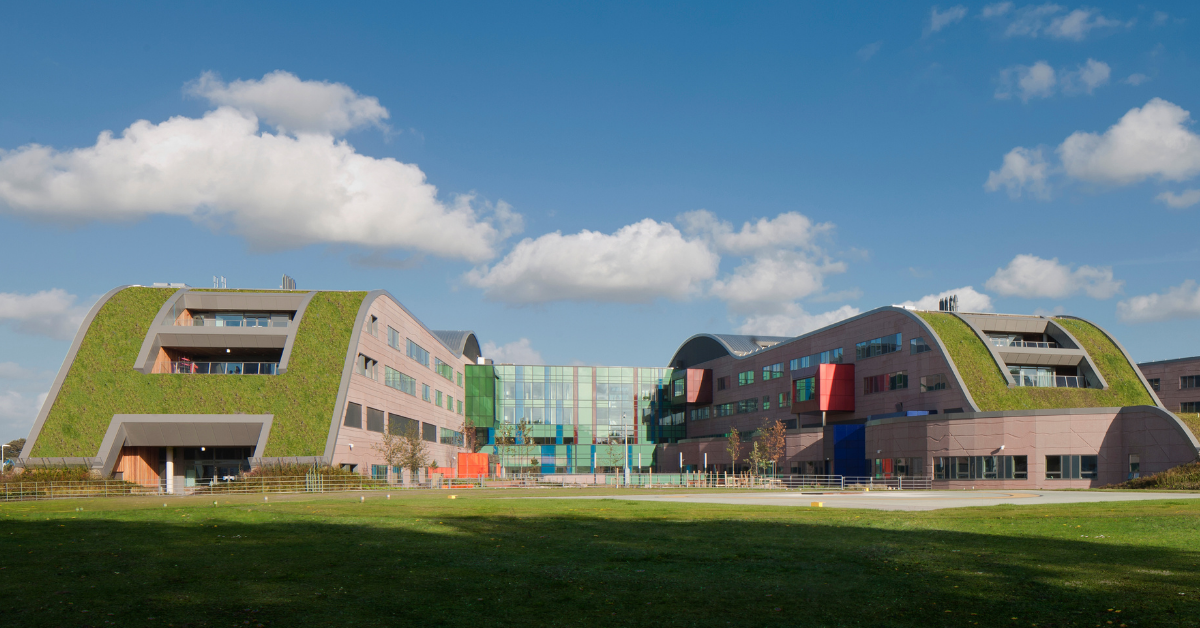New initiative co-ordinates all COVID-19 research for Liverpool City Region
Liverpool Health Partners have launched Liverpool STOP COVID, a unique city-wide initiative to strengthen the support and structuring of all Liverpool COVID-19 related research activity.
The need to deliver impactful and immediate research is clear and the Strategic One Liverpool Partnership for COVID (STOP COVID) initiative, led by the academic health science system, gives the necessary framework to effectively bring together leading specialists and make a difference.
Under the direction of the Executive Pro Vice Chancellor of the University of Liverpool and vice-Chair of Liverpool Health Partners, Professor Louise Kenny, this new initiative will support, accelerate and assess research-based innovations within the Liverpool City Region.
Drawing on the clinical and academic strengths of the Centre for Excellence in Infectious Disease Research (CEIDR) and NHS organisations, the STOP COVID system-wide approach has the ultimate aim of decreasing the burden of COVID-19 locally, nationally and globally.
Liverpool STOP COVID has four clear aims:
- Develop new diagnostics, drugs and treatments for COVID-19
- Better understand the impact of social inequality on viral transmission, disease and recovery
- Understand risks for development of severe clinical disease and protective immunity
- Understand and address the impact of the COVID pandemic on our residents, health and social care services and other economic consequences
Professor Kenny said: “CEIDR brings together the infection strengths of the Liverpool School of Tropical Medicine and the University of Liverpool and has a pivotal role in leading and structuring the Liverpool City Region’s research response to the pandemic.”
“Liverpool has a long and illustrious history in infectious diseases research and a world class track record in drug discovery. This global health crisis will ultimately only be defeated by science. That’s why we took the decision several months ago to close down all non-COVID-19 research and pivot all our efforts to address this threat to lives, our NHS and our way of life.”
Dr Dawn Lawson, Chief Executive, Liverpool Health Partners, added: “Despite the pressure the NHS is experiencing on the front-line due to COVID-19, we know how important research is in helping us deliver the best treatments to patients. There is much that is still unknown about the virus and it is important to fill the gaps in our knowledge so that we can most effectively prevent and treat the disease.”
“We have a unique approach to approving research studies across the City called LHP SPARK (the Single Point of Access for Research & Knowledge). We can approve and set-up health research studies in a few days for our eight NHS organisations and four universities. This means patients can access novel medicines and innovative treatments, but also means that they contribute to developing new knowledge about which treatments are effective. Working in partnership is the only way to deliver what is needed.”
Professor David Lalloo, Director of the Liverpool School of Tropical Medicine said: “A coordinated response is key to rapidly addressing the research questions that could help reduce the health and social impact that COVID-19 poses not only for Liverpool but for most countries across the world.”
“The combination of the academic excellence within the Liverpool School of Tropical Medicine and the University of Liverpool with the expertise throughout the Liverpool health sector offers a real chance of making significant advances which could ultimately make a major difference to health outcomes.”
Professor William Hope, the Dame Sally Davies Chair of Antimicrobial Resistance Research and Director of Centre of Excellence in Infectious Diseases Research, University of Liverpool said: “Liverpool has responded quickly – and as one – by mobilising its world-leading expertise in pharmacological sciences, drug development, data sciences, virology and social sciences to find immediate solutions for patients with COVID-19. COVID-19 is yet another example of Liverpool’s ability to address complex medical problems in a timely way and for the public good.”
Mayor Joe Anderson said: “In a crisis Liverpool has always stood together to face the challenge in front of us. Liverpool’s academic pedigree is exceptional, particularly in the area of infectious diseases where the excellence we have in both our hospitals and our universities are able to combine and tackle a wide range of problems with an impact on a global level. The Liverpool Health Partners’ approach is a unique collaboration of knowledge and resources to stand together in the science and face down this virus.
“On COVID-19, the City’s efforts mean that we contribute to the national and international scientific effort to defeat the virus. We are really excited to be at the forefront of the global effort to find answers to help us treat the disease so that our lives can return to normal as soon as possible.”
Professor Martin Lombard, Clinical Director Clinical Research Network: North West Coast said: “Health and social care teams in the Liverpool City Region and the North West face an unprecedented challenge in our efforts to fight this virus and protect life. Never before has research been so important to help us find solutions to so many unanswered questions, not least how to stop this virus.
“The Clinical Research Network welcomes this city-wide approach and we will help to ensure that local research expertise forms part of the National Institute of Health’s Research Programme for Covid-19. Now, more than ever, we need to collaborate better and at pace in the national interest and ensure that we are making best use of the capacity available to support research. This will enable us to ensure that the people of Liverpool and North West Coast, have the best opportunities to participate in research and have access to treatments as soon as possible.”
A link to the active Liverpool STOP COVID research portfolio can be found here.



